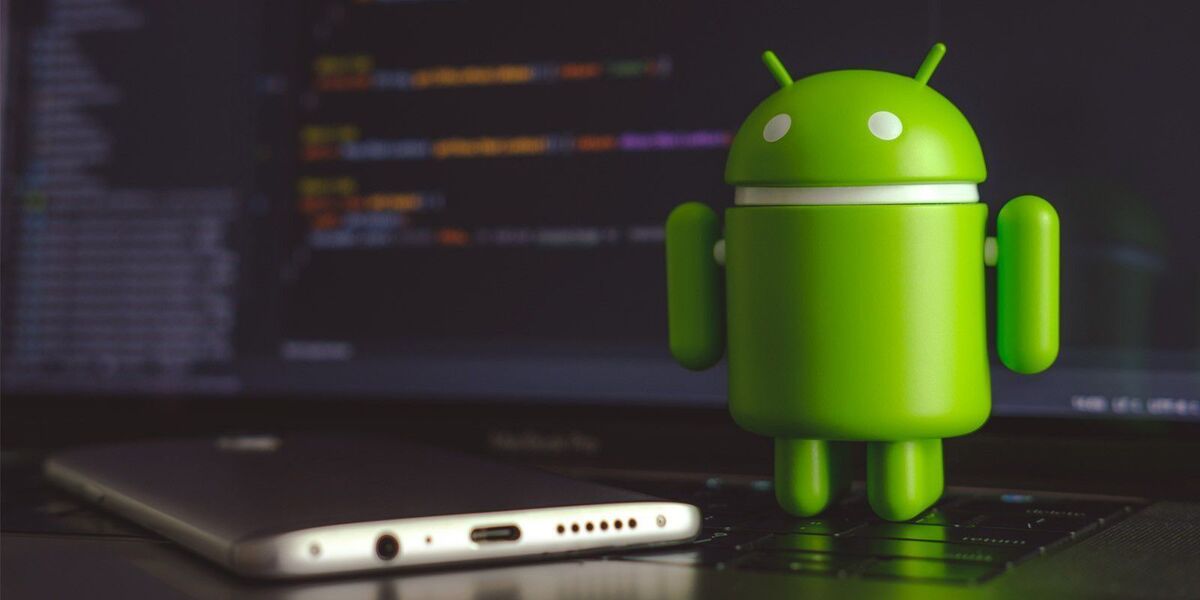Google has released a first Developer Preview of its Android 14 mobile OS, emphasizing tablets and foldables as well as improvements for data transfers and battery life.
The preview was unveiled on February 8. Version 14 builds on work done in Android 12L and 13 to support tablets and foldable form factors. The goal with every release is to make it easier to optimize an app across all Android surfaces, proponents said. To assist with building apps to adapt to different screen sizes, Android’s builders have created sliding pane layout, window size classes, activity embedding, and box with constraints, supported in the Jetpack Compose UI development kit. With Version 14, guidance for large screens has been updated. Also, a preview of a cross-device SDK is featured for building applications to work across different devices and form factors.
Instructions on accessing the Android 14 Developer Preview can be found at developer.android.com. Other features in Android 14 include:
- Android APIs for Foreground Services and JobScheduler will add new functionality for user-initiated data transfers and an updated requirement to declare foreground service types.
- Optimizations to the internal broadcast system improve battery life and responsiveness.
- The font can be scaled to 200%, up from the previous font size scale on pixel devices of 130%. To mitigate issues with text getting too large, a non-linear font scaling is applied automatically.
- To prevent malicious apps from intercepting intents, apps targeting Android 14 are restricted from sending intents internally that do not specify a package.
- Dynamic code loading has been made safer, with dynamically loaded files marketed as read-only.
- Access to 300 OpenJDK 17 classes is featured.
An overview of APIs and features has been published on developer.android.com. Feedback is welcomed on the developer preview. Platform stability for Android 14 is expected in June, with the final release anticipated around August.






